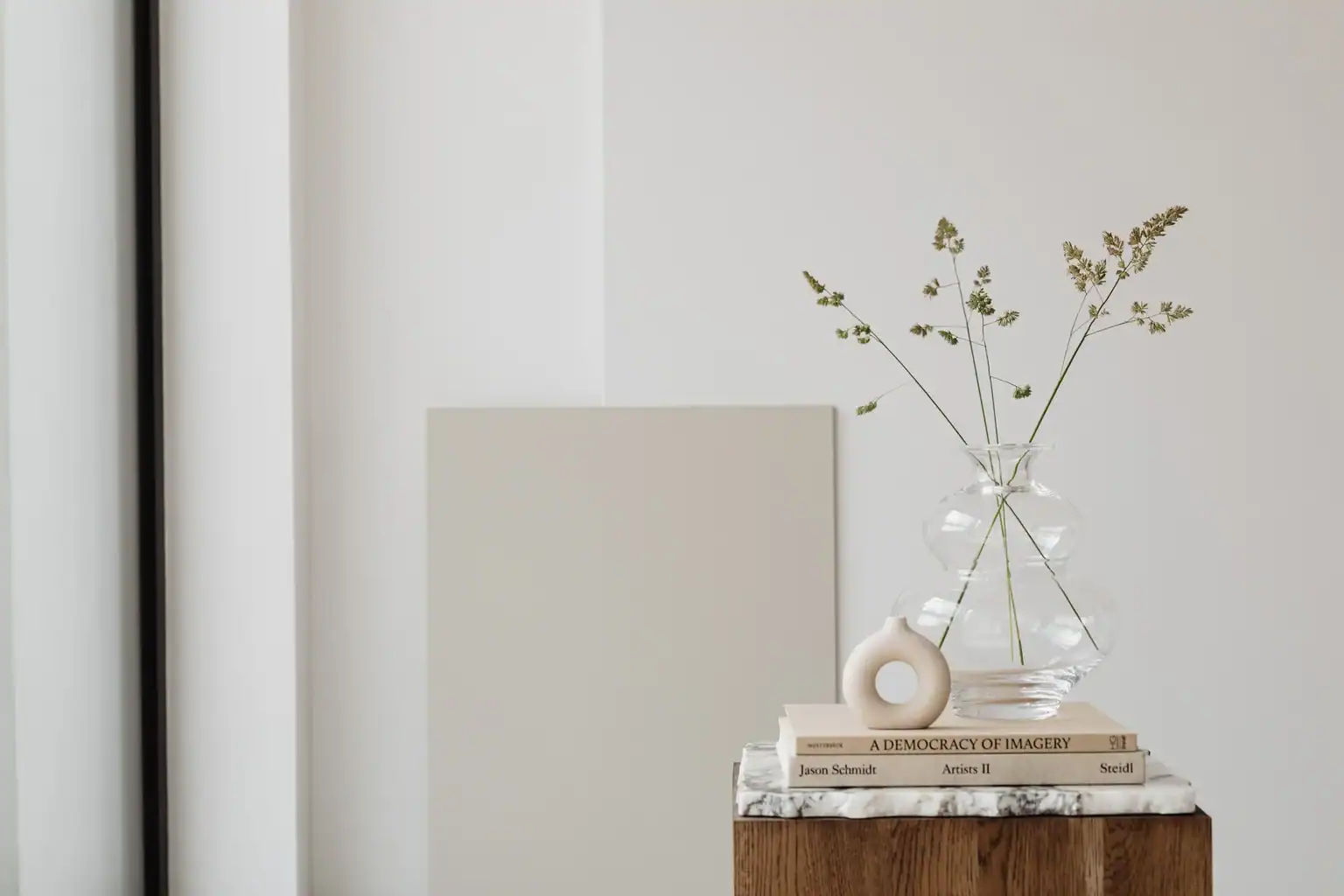How do you develop a fearful avoidant attachment style?
Hi, I’m Paulien and I’m so happy you’re here! You might have found out that you have or probably have the fearful avoidant attachment style. So how do you develop this attachment style? This is a very important part, because sometimes it might be hard to recognise the development out of your own upbringing. In this blog I’m going to tell you more about it!
What I mainly read in my own search for answers is that the attchement style in combination with cases of severely abused children, alcoholic parents or caregivers. And I did not recognise myself in that picture at all. It might be the same for you too.
I had pretty good upbringing, my parents are still together, they are loving, no alcoholics and they were very dependable in a way. So I could not identify myself with what I read. And because of that, I just never recognised that the fearful avoidant attachment style was actually the attachment style that was having such a big impact on my relationship.
So it’s absolutely true that severe trauma and severe abusive and alcoholic parents or caregivers can lead to this attachment style. But it can also definitely be more subtle: a parent or caregiver you were supposed to feel safe with and was there to meet your needs, was also frightening to you at the same time. That’s kind of the core of how a fearful avoidant attachment style develops.
When you’re a little baby, you’re completely dependent on your parents or caregivers and you want to connect. You’re not just dependent on them for your physical needs; children and babies need to connect. It’s a human need. But when that same caregiver is also frightening in a variety of ways, it makes it really scary and hard to connect.
Of course it is very obvious case when it’s about severe abuse, but it could also be in the fact that your parent or caregiver for example just got angry out of nowhere or would have a temper. They can be really good people as well. And they can mean it really, really, really well and love you a lot, but not be able to regulate their own emotions and not be able to soothe themselves. Which makes it really scary for a little baby or child to connect and to relax in that connexion, when the caregiver just can get angry at any given moment.
And another way this attachment style develops is, when that parent is afraid of the connexion themselves. It can actually be that when the connexion is there or almost there, they have this fear reaction. And they might not even know it and notice it, but they can just lash out at you at the moment that connexion is made. Which is so confusing… you learn that being connected is actually quite scary.
Another way this this attachment I can develop is by a parent that is quite critical. And I missed this too for a long time because I didn’t see it as my parents being critical. I just saw it as they gave me a lot of feedback and wanted to help me to be able to succeed in the world. Which was again really, really well meant. A lot of moments that I was relax and just being myself, I had that feedback. I got that feedback that I was doing something wrong and I should be doing it differently.
And sometimes it was with anger and sometimes it wasn’t even with anger. But just I had this feeling that I was always doing something wrong.
And that also makes you scared of the connection and of the parent or caregiver, because you’re always looking for: what am I doing wrong? What is the right way to go? How should I be or how should I behave to be worthy of love and attention and connection.
So it could be that you felt like you had to walk on eggshells..
A good way to see this is to just close your eyes for a second and then ask yourself:
Wich parent made you feel you had to perform for, you really had to try your best for that and you felt tense around the most?
And it could actually be the parent that you have the most intense feelings of love for. Which of course makes it really confusing.
So it doesn’t mean that your parents are wrong or that they’re terrible people. They really can mean well. But it might be that they have this attachment style too, for example. And that’s how you got it.
Also, as a small child, your number one goal is to be safe. So threat out of nowhere is unsafe. A parent that just gets angry all of a sudden, that can be critical all of a sudden or that is scared of that connection themselves, is really scary for a child.
So what you do: you don’t want that connection and you will do anything to either be perfect or try to control or to adapt. Just to feel safe again…
But the parent or caregiver had trouble regulating, regulating their own emotions and reactions, and it had nothing to do with you.
It has absolutely nothing to do with you.
There was nothing wrong with you.
You were so completely worthy of love
Of being yourself and having your needs met
Time and time again in a loving, calm and gentle manner.
You did not have to be any more perfect because you already are perfect and you were just a child.
So this leads to you not really knowing what to do with your parents. It’s kind of like chaos in your head. That’s why this attachment style is sometimes called ‘disorganised attachment style’; it’s what you see with kids they don’t really have a structured way of going about connecting with their parents. You see them freezing, shutting down, getting angry, trying their absolute best, adapting. They try all the things.
And nothing works consistently because it has nothing to do with you…
Your parent or caregiver was the one that could not regulate their own emotions. So you wanted to be close and maybe your parent or caregiver actually wanted that too, but you were super afraid to get close.
So it’s all a fear of connection, essentially.
With love,
Paulien
This is not to diagnose. I’m not a psychologist and it’s not black and white. You can definitely recognise so much of the fearful avoidant attachment style and maybe you’re even dominantly securely attached. So don’t see this as this is a strong diagnosis. I am just here to tell you all about it and really help you understand yourself a little bit better.
Share





